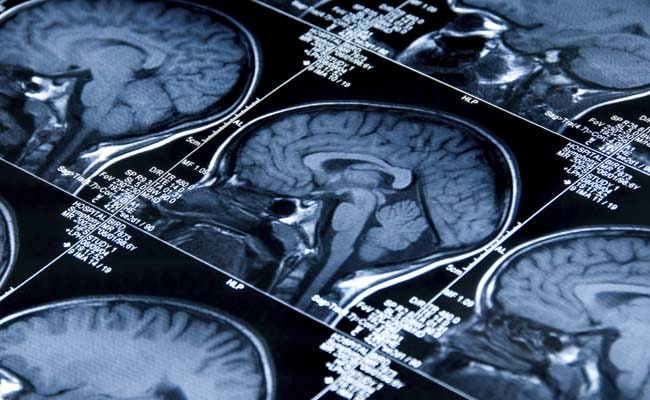
Leading experts from the UK and Indian universities have launched the world's largest study on babies with brain injuries in India this week to help prevent epilepsy.
The Imperial College London will lead the Prevention of Epilepsy by reducing Neonatal Encephalopathy (PREVENT) study to try and reduce the number of epilepsy cases following perinatal brain injury.
According to experts, brain injury during labour or childbirth is one of the leading causes of epilepsy in babies in some areas of the world and a common cause is perinatal asphyxia - where oxygen is cut off to the foetal brain, damaging it.
The researchers believe that perinatal brain injury could be reduced by introducing a "care bundle" to improve the intra-partum care in Indian public hospitals, which includes intelligent foetal heart rate monitoring, an e-partogram, brain oriented neonatal resuscitation, and birth companions.
"Birth asphyxia related brain injury is the commonest cause of death and disability in babies worldwide. We believe that this could be substantially reduced with a ''care bundle'' that combines many key evidence-based elements which have been shown to reduce perinatal brain injury," said Dr Sudhin Thayyil of the Imperial College London, who is also the Chief Investigator for the project.
"Preventing birth related injury in babies is complex and requires innovative and collaborative approaches, as in the PREVENT study," he said.
The 3.4-million pounds project, funded by the National Institute of Health Research, will be conducted over four years by researchers from institutions in the UK and India.
It will study around 80,000 women recruited from three major hospitals in south India - the Bangalore Medical College, the Madras Medical College and the Calicut Medical College.
All babies with brain injury will have detailed neurophysiological investigations, including electroencephalogram (EEG), advanced magnetic resonance imaging (MRI) and neurodevelopmental follow up assessments.
The scientists hope that the findings from this trial will be applicable to babies in the UK and around the world as well as in India.
Professor Helen Cross, from the University College London and one of the study investigators, said: "Millions of people around the world develop epilepsy every year and the incidence is twice as high in low and middle income countries. Epilepsy related to perinatal brain injury is a large social and economic burden in India."
According to the Imperial College London, worldwide approximately 50-70 million people have epilepsy, with around 12 million people were estimated to be living with epilepsy in India.
Approximately 500,000 new epilepsy cases occur in India every year, of which 87,000 (17.4 per cent) are likely to be related to a birth related brain injury. The vast majority of these cases will have additional neurodisabilities, including cerebral palsy, deafness and blindness.
A number of leading academics in Obstetrics, Midwifery, Neonatology, Neurology, Electrophysiology, Public Health and Health Economics from the UK and India will be involved in the PREVENT study to work on coming up with answers to prevent epilepsy.
Track Latest News Live on NDTV.com and get news updates from India and around the world

